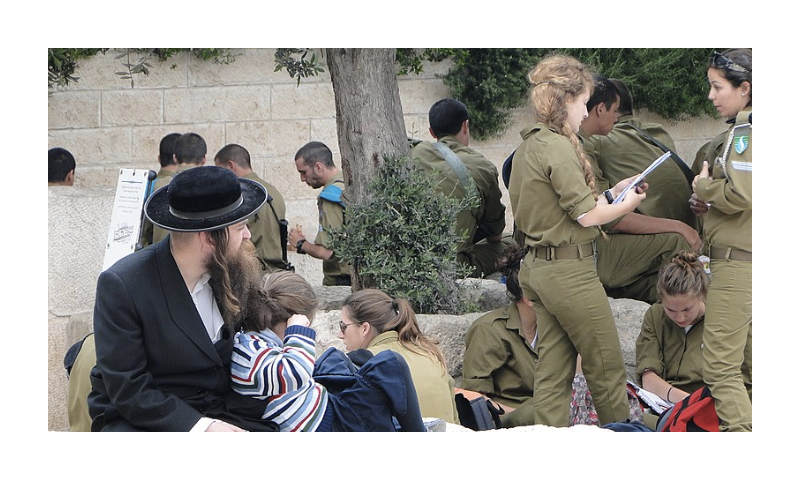Moshe Taragin
Jerusalem Post, Apr. 28, 2023
“Sadly, we are rapidly losing our common narrative.”
Israeli society is currently entangled in a complex web of controversial issues. The core debate surrounds the future of Israeli democracy, judicial reform, and the issue of political checks and balances.
This purely legal issue, however, has unleashed a racial hobgoblin. Israel was founded, and for several decades was governed, by a European Ashkenazi elite. Political power eventually shifted to the broader population, but the secular Ashkenazi establishment still enjoys significant spheres of influence in the media, the army, academia and the judicial system. Non-Ashkenazim believes that they face soft discrimination as second-class citizens. To many, fanatical opposition to legal reform is merely an attempt by the cultural elite to consolidate its power.
Making matters worse, politics in general has become deeply polarized, and we are sharply divided into left and right camps. Membership in either camp demands unconditional and unquestioning loyalty to a laundry list of values and policies. In place of independent assessment of ideological positions or of political beliefs, people lazily adopt the formulaic slogans of whatever camp they think they belong to. Often, people adopt policies merely to oppose the policies of would-be political adversaries. Personally, I avoid the terms “Right” or “Left,” as I don’t see myself as belonging to any political camp. Political polarization is rigidifying the political landscape and obliterating hopes for consensus politics.
The religious-secular Israel divide
At the heart of the crisis, however, lies the age-old divide between religious and secular Israel. For various reasons, overwhelmingly, religious people endorse judicial reform, whereas secular Israelis generally oppose it. Rising birthrates in religious communities forecast even greater political influence for the religious, further stressing secular Israel.
… [To read the full article, click here]


